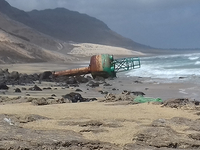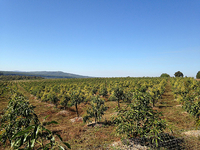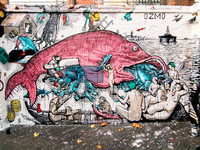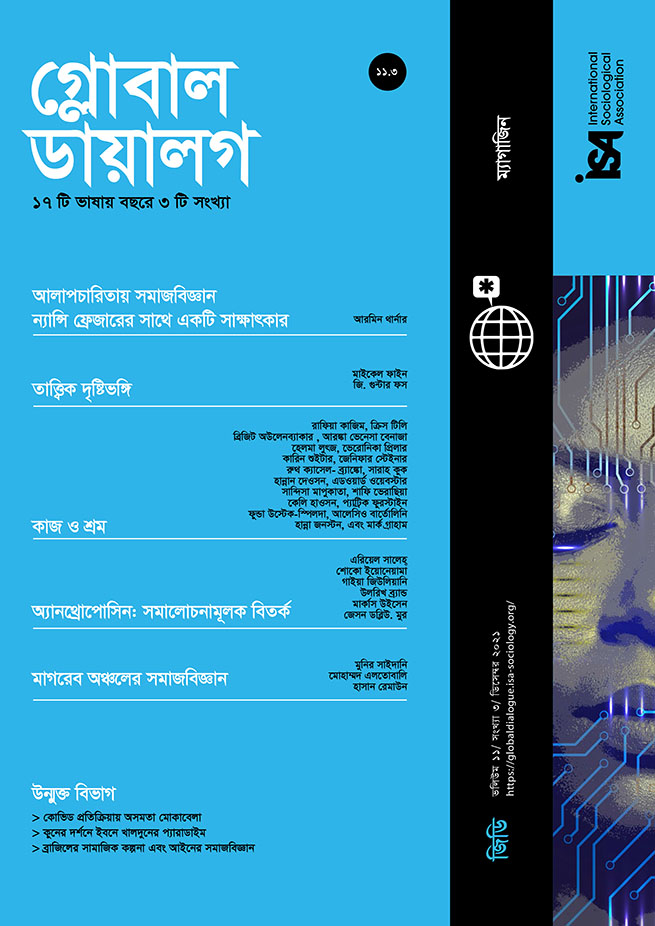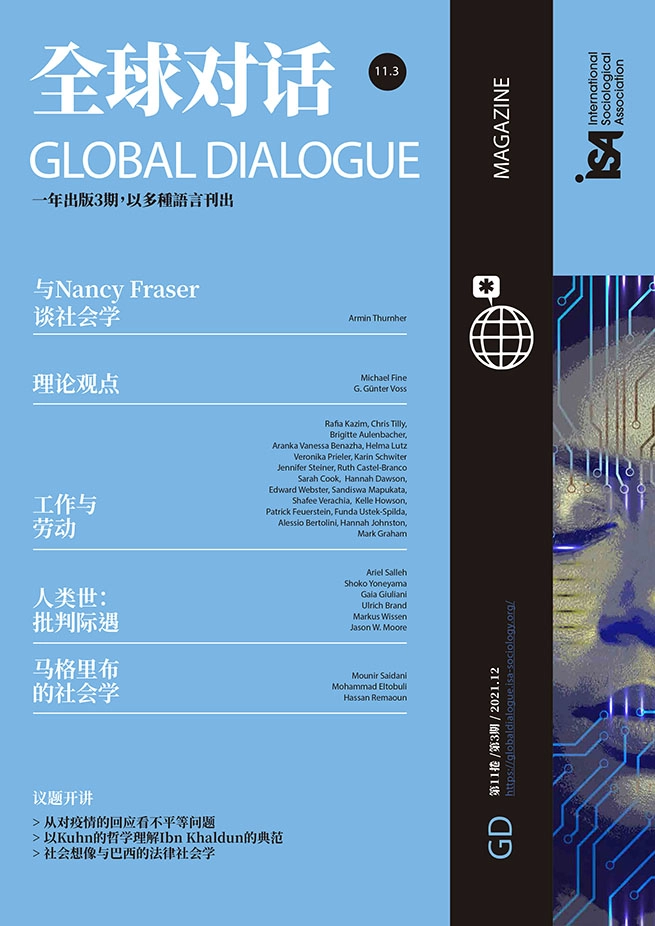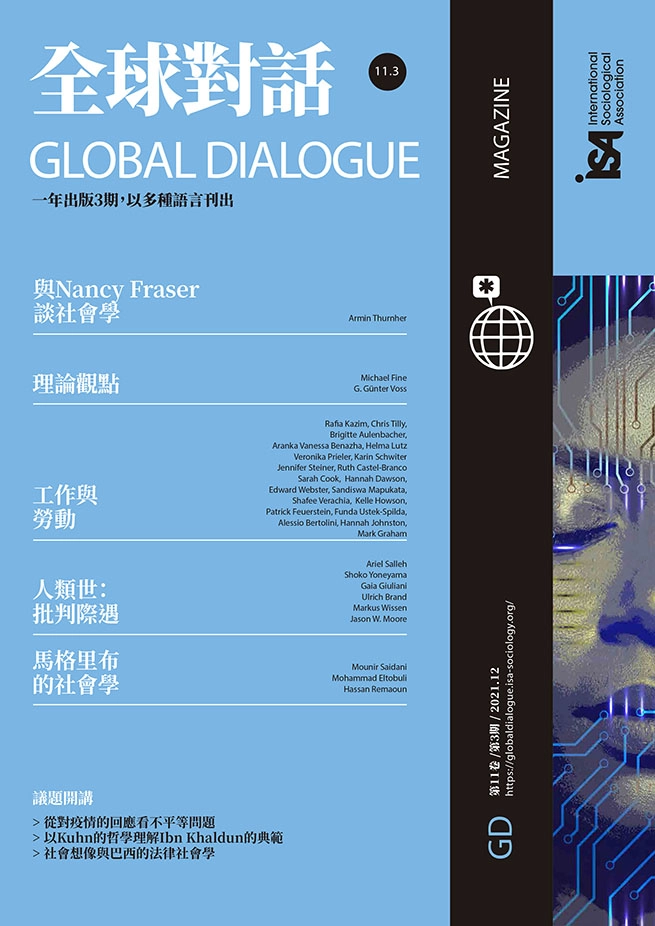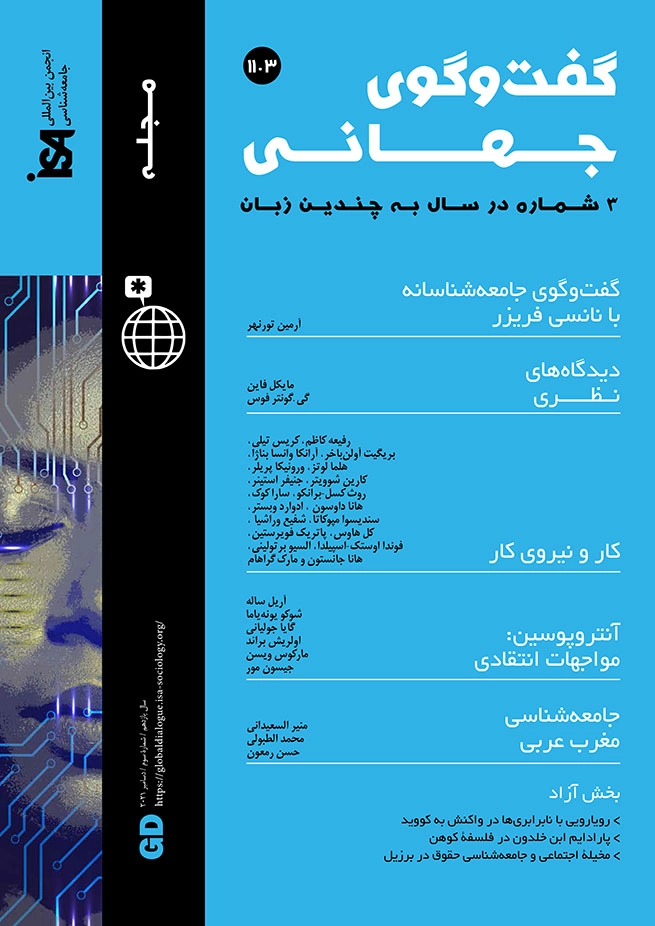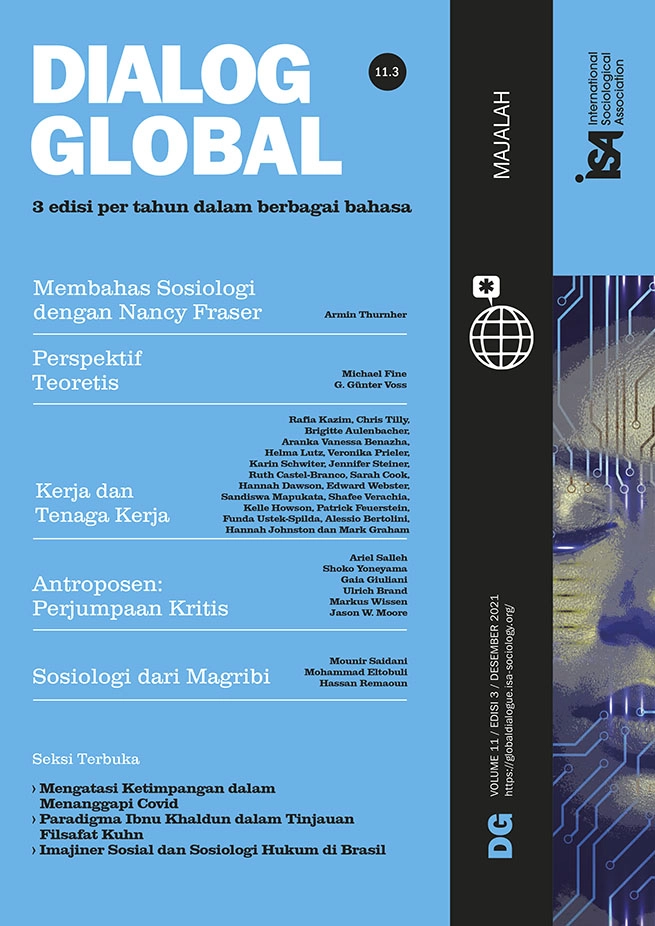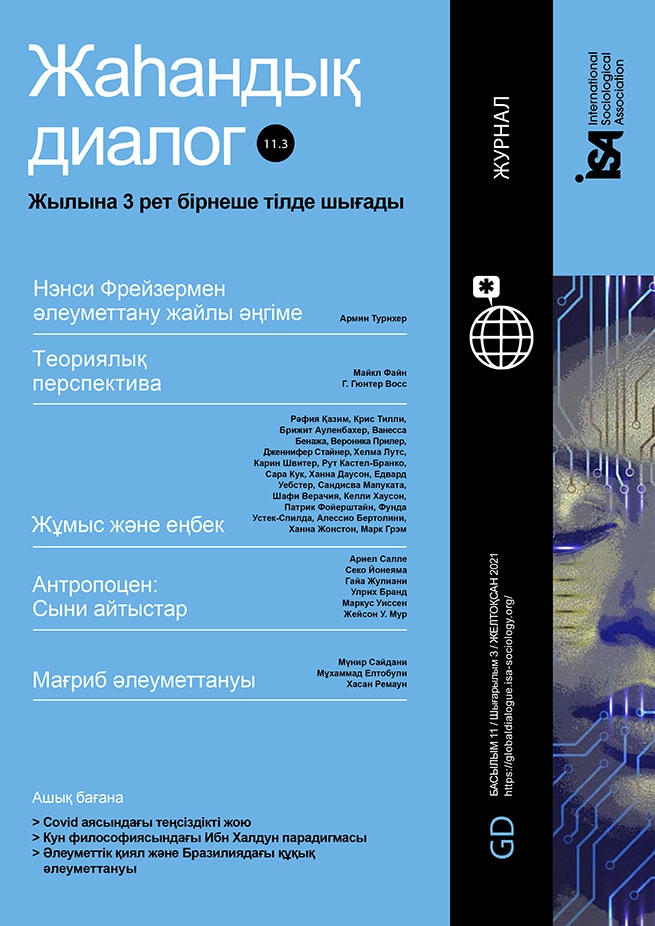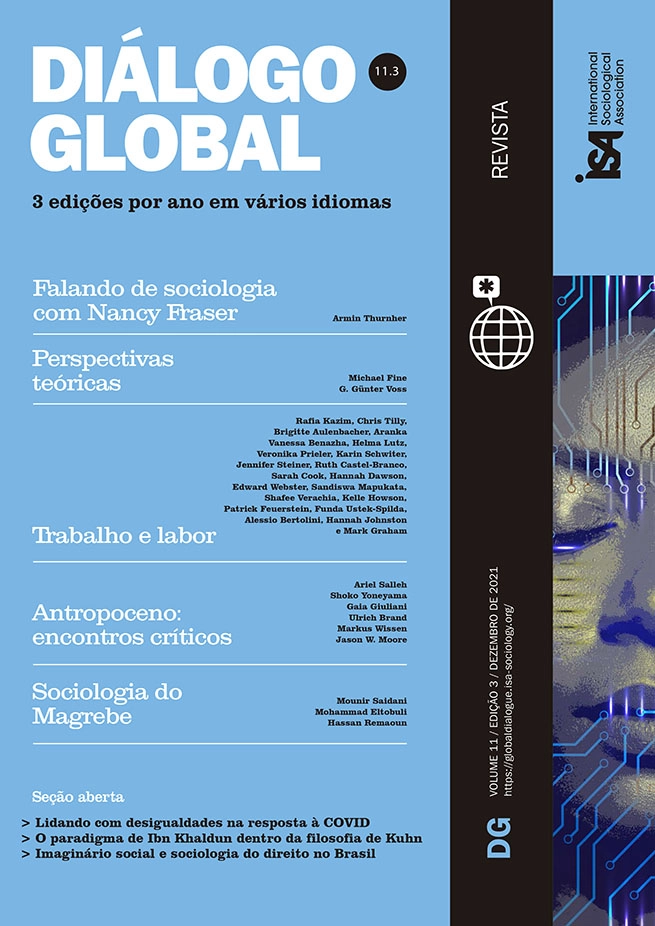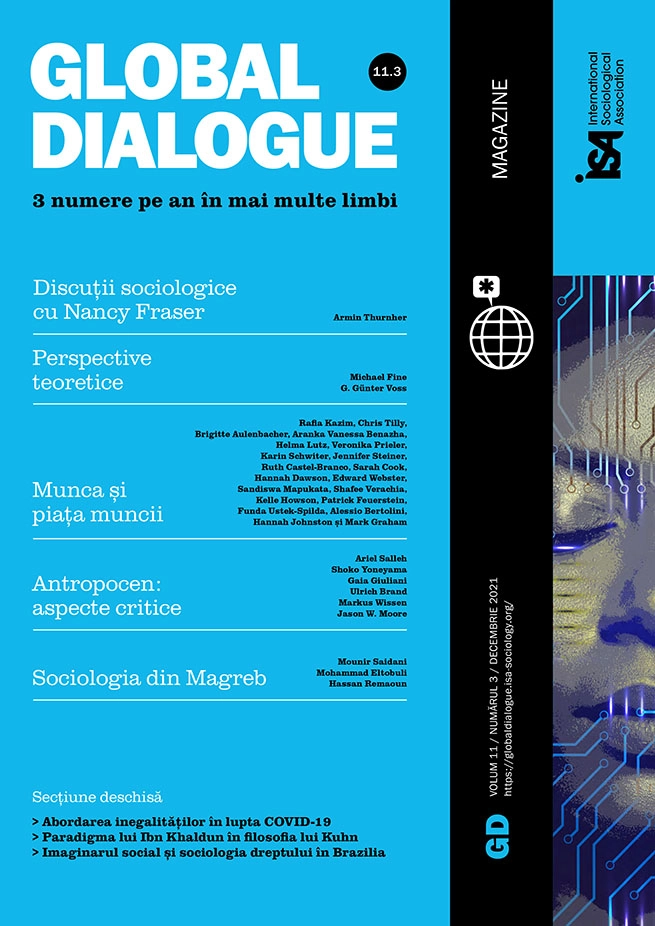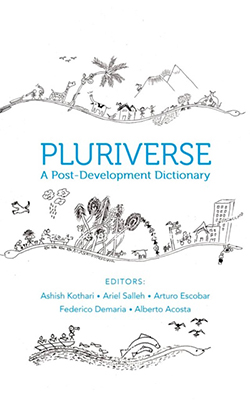The Eurocentric fantasy of “mastering nature” has always been a problematic ontology. And the originary link between matter and mater (Latin) is no coincidence. Early ecological feminists saw the civilizational drive to mastery as a sublimation of mother killing, allowing men to birth themselves culturally, without dependency on mysterious natural flows. Today, this same psychological dissociation that externalizes nature enables neoliberal powers, warfare, and modern science. Can the Oedipal deal that is academia come to terms with this?
Re-membering
In any event, as the old culture of “othering” sets up a world of objects and abstractions, its mirror image remains sensuous and might be called “holding.” Holding speaks to human embeddedness in the metabolism of nature; it reflects the originary moment of self-formation in a mother’s arms. When people can sense themselves as nature-embodied, they readily understand how all Life-on-Earth is “entangled,” as the New Materialists like to say. However, I am not drawn to that formulation; rather, I see holding as a labor form - reproductive as distinct from productive. Deliberative holding energizes biophysical processes, such as the care of a child or Indigenous protection of a forest stand. Holding teaches an epistemology at once grounded and systemic.
In our edited collection Pluriverse (2019), Karin Amimoto Ingersoll describes this sensibility among Hawaiian fishermen:
“a non-instrumental navigational knowledge about the ocean, wind, tides, currents, sand, seaweed, fish, birds, and celestial bodies, as an interconnected system that allows for a distinct way of moving through the world... In this oceanic literacy, the body and the seascape interact in a complex discourse… alternative to the grand narrative of Western thought-worlds, which keep our ‘selves’ separate… Seeing thus becomes a political process, a reading of all memories and knowledges learned within oceanic time and space but which have been effaced by rigid colonial constructions of identity, place, and power… [Too] much of the world proceeds without memory, as if the spaces we inhabit are blank geographies, and thus available for consumption and development…” [Italics added]
Regenerative value
As argued in the Protestant Ethic thesis, Christian patriarchalism and capitalism are historically nested frames. With the rise of global corporations and multilateral agencies, the othered knowledges of caregivers, small land holders, and First Nations peoples are demeaned as “cultural,” not “economic.” This keeps their astutely sustainable provisioning invisible in the white middle-class masculinist discourse, where both political Right and Left assume that labor must be “productive.” That is, “real work” is about transforming matter into something “man-made” and thus having “value.” Even progressive eco-socialists, Green New Dealers, and political economists argue quantitatively for relocating care inside the formal economy. As distinct from the Marxist use versus exchange dualism, reproductive or “metabolic” value does not need to be measured; it is experienced as ecosystems thrive, and human bodies with them.
There are many ways of meeting social needs without exploitation, extractivism, biodiversity loss, peak water, and climate change. And since the Seattle People’s Caucus in 1999, the capitalist patriarchal imperium has been challenged by movements like the World Social Forum, Via Campesina, Indigenous Environment Network, World Women’s March, and Extinction Rebellion, to name a few. Such initiatives take inspiration from decolonial thinkers like Ivan Illich and Wolfgang Sachs, and from ecofeminists like Maria Mies and Vandana Shiva with their powerful critique of “mal-development.” The 2019 Pluriverse project opens up a cross-cultural sharing among Andean buen vivir exponents, Indian swaraj communities, European de-growthers, and others with the call the “global is local.” To paraphrase Manfred Max-Neef: small self-managed economies are “synergistic,” satisfying many needs at once – ecological regeneration, daily subsistence, learning, innovation, identity, and belonging.
Structural parallels
Holding labor by housewives and peasants is recognizable in neighborhood and village efforts to stop pesticide use or mining. So too, these workers note the structural parallels between the commodification of nature and that of the bodies of women and Indigenous people. In the worldwide movement of movements, the political choice for women in the Global North is thus much the same choice as for racialized peoples in the Global South. There is either emancipation via the civic mechanism of legal rights or there is self-realization through communal reciprocity.
In the twenty-first century many people are taking big civilizational steps to put humanity and nature back together. The holistic science of the New Water Paradigm or the Peoples’ Tribunal on the Rights of Mother Nature typify this re-membering. Food sovereignty is a central goal of pluriversal activism in the North and South - not to be confused with the UN Food and Agriculture Organization concept of “food security.” The latter simply brings more profiteering, dispossession of livelihoods, petro-farmed mono-crops, and polluting transcontinental Free Trade. Mainstream feminists, as well as some Left activists, and Greens talk confidently about adjusting the dominant capitalist paradigm. But too often, state powers capture well-intended actions for change with a repressive form of tolerance. This is seen already with the circular economy, green deals, and earth system governance.
A bio-civilization?
A “fair and sustainable distribution” of the world’s social product sounds good but makes no thermodynamic sense. As Jason Hickel points out: to meet the UN Sustainable Development Goals, the global economy will have to grow 175 times its present size, as it already overshoots planetary capacities by 50% each year. Holding economies respect the material limits of nature in their commoning for local production. This people’s paradigm reaches for a “bio-civilization” to replace the lonely high-tech individualism and life-negating formulae of viral states. Against the dissociated cogito, “I think, therefore I am,” contrast the South African ubuntu ethic premised on the holding logic of “I am because you are.” Related ways of worlding are buen vivir, eco-villages, the gift economy, kyosei, sentipensar, now in dialogue as a global tapestry of alternatives.
Could eco-socialists “re-embody” their materialism and consider the historical agency of an “othered” labor class - “meta-industrials” - from the domestic and geographic peripheries of capital? Here, at the edge of theory, are unspoken workers who meet the material needs of all classes. In fact, they even make capitalism possible by holding together the humanity-nature metabolism. This global class has no need of the rigid abstractions of a dying Eurocentric era - subject over object, humanity over nature, man over woman, white over black, economy over ecology.[1]
[1] The text adapts a lecture delivered to “Femmes, écologie et engagements politiques du Sud au Nord, Sorbonne”, Paris, June 2021.
Ariel Salleh, Visiting Professor, Nelson Mandela University, South Africa and Life Member of the ISA <arielsalleh7@gmail.com>

